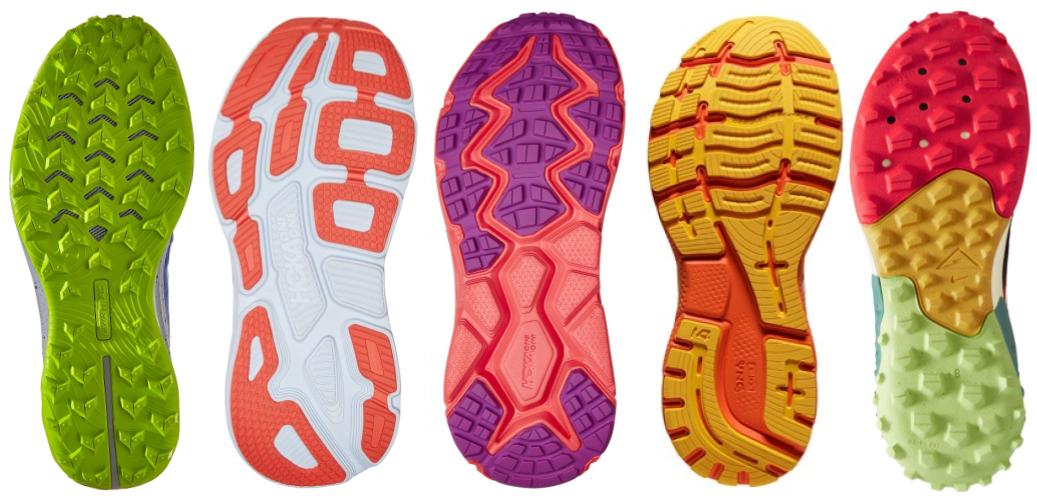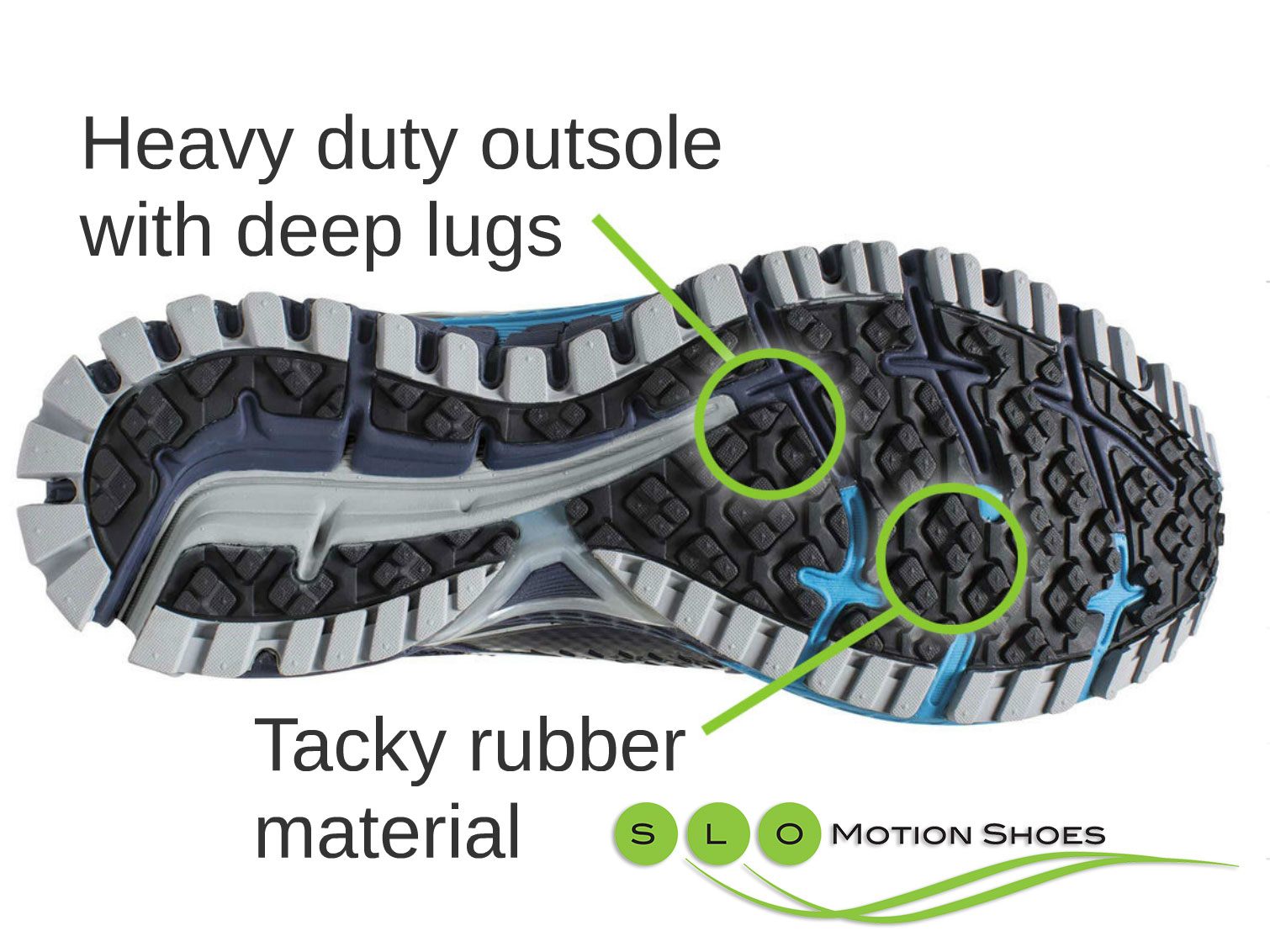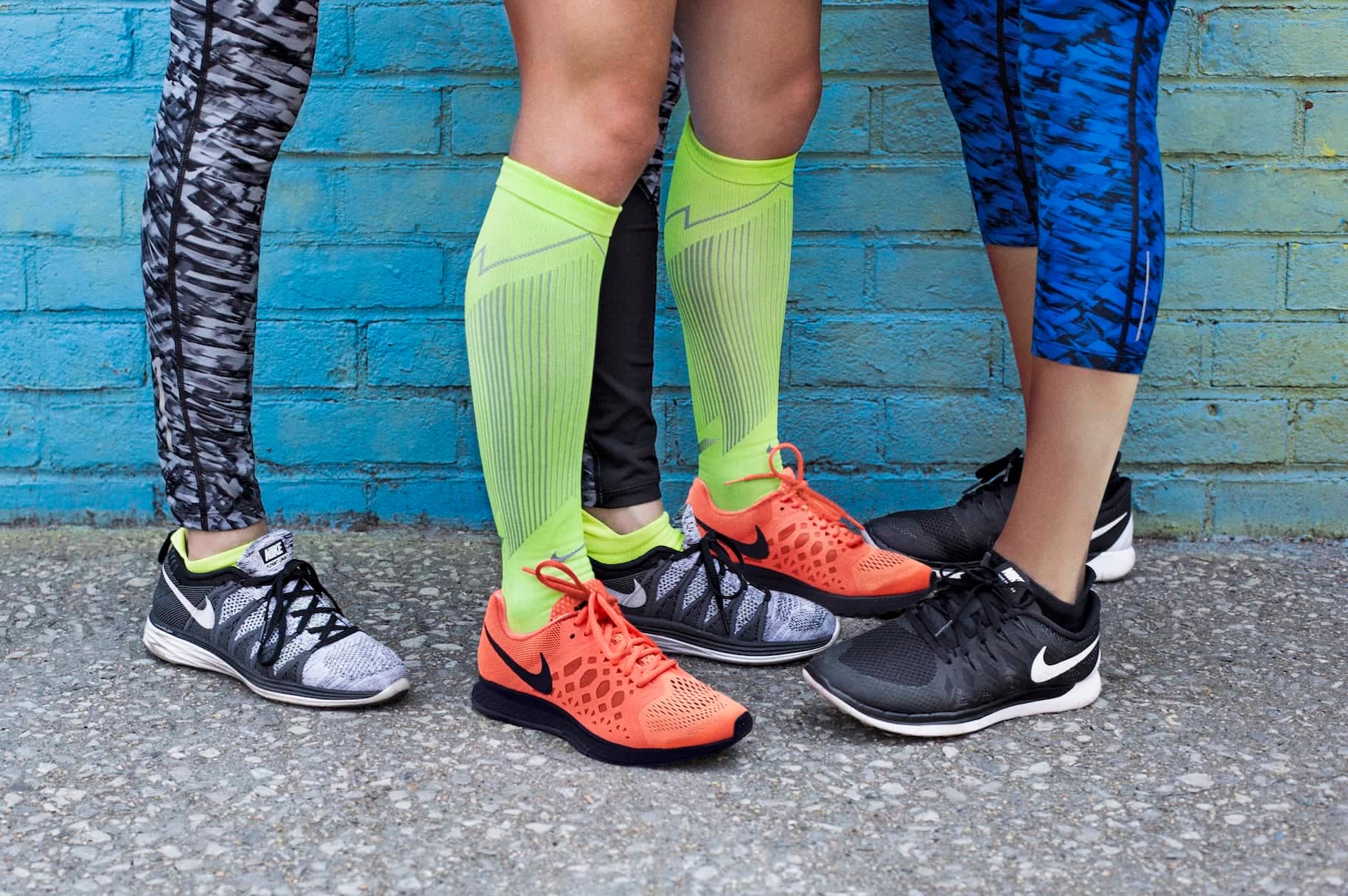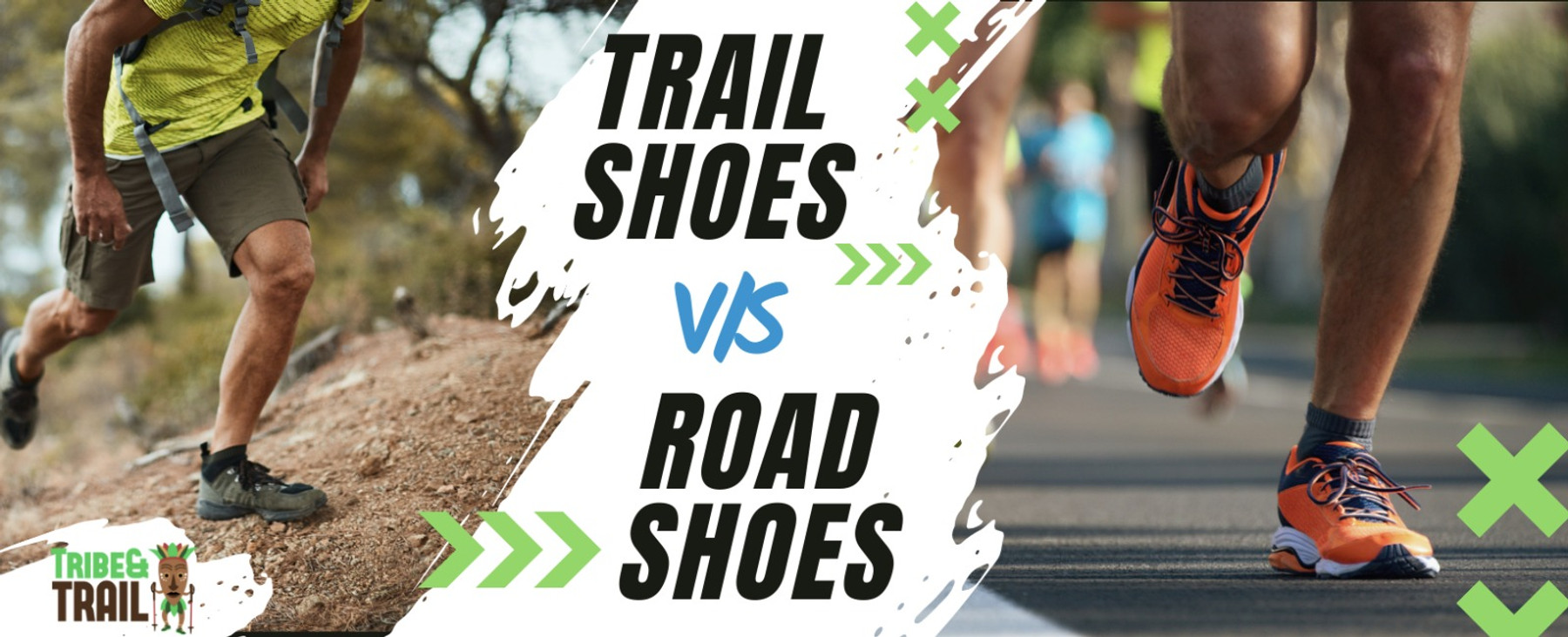When it comes to choosing the right running shoes, understanding the differences between trail running shoes and road running shoes is crucial for any running enthusiast. Whether you’re a casual jogger or a seasoned marathon runner, selecting the appropriate footwear can significantly impact your performance and comfort. In this guide, we will explore the unique features, benefits, and drawbacks of both types of shoes, while providing real-world experiences and expert insights. Let’s dive in!
Understanding the Basics of Running Shoes
What Are Trail Running Shoes?
Trail running shoes are designed specifically for running on uneven and rugged terrains such as dirt paths, rocky trails, and forested areas. These shoes typically feature:
- Enhanced Traction: A more aggressive outsole with deeper lugs to grip the ground securely.
- Durability: Sturdier materials that can withstand abrasions from trails.
- Protection: Additional features like rock plates and toe caps to shield your feet from hazards.
What Are Road Running Shoes?
On the other hand, road running shoes are tailored for paved surfaces like streets and sidewalks. Key characteristics include:
- Lightweight Design: A lighter construction for speed and efficiency on hard surfaces.
- Cushioning: Enhanced cushioning to absorb impact from hard ground for a softer ride.
- Flexibility: A more flexible sole that allows for a natural foot movement during runs.
Comparing Trail Running Shoes and Road Running Shoes

Feature Comparison Table
| Feature | Trail Running Shoes | Road Running Shoes |
|---|---|---|
| Traction | High, with aggressive lugs | Moderate, designed for smooth surfaces |
| Cushioning | Moderate, focused on protection | High, focused on comfort |
| Weight | Typically heavier | Generally lighter |
| Durability | More durable materials | Less durable, focused on speed |
| Price Range | Varies widely | Varies widely |
Choosing the Right Shoe for Your Running Style

When to Choose Trail Running Shoes
If you enjoy exploring nature and running on challenging terrains, trail running shoes are your best bet. They provide the stability and traction needed for steep ascents and descents. For instance, many runners in the Pacific Northwest prefer trail shoes for their rugged terrain, which can feature muddy paths and uneven rocks.
When to Choose Road Running Shoes
If your routes primarily involve running on paved roads or tracks, then road running shoes are a more suitable choice. They provide the cushioning and lightweight build that helps in long-distance running on flat surfaces, making them a favorite among urban runners in cities like New York and Chicago.

Real-World Experience: Trail vs. Road Running
Case Study 1: Trail Running in the Rockies
A study of trail runners in Colorado showcases the necessity of good trail running shoes. Many participants noted increased comfort and reduced injuries when wearing shoes designed for rugged terrains. They highlighted models like the Salomon Speedcross 5, which offered excellent grip and stability.

Case Study 2: Urban Running in New York City
On the flipside, road runners in New York City swear by cushioned shoes like the Brooks Ghost 14. They reported enhanced performance during long runs, appreciating the lightweight nature and support of the shoe, which helped them clock significant miles without discomfort.
Pros and Cons of Trail and Road Running Shoes

Pros of Trail Running Shoes
- Superior traction on irregular surfaces.
- Increased protection against trail hazards.
- More durable overall.
Cons of Trail Running Shoes
- Heavier than road running shoes.
- Can feel cumbersome on smooth surfaces.
- Less cushioning for hard surfaces.

Pros of Road Running Shoes
- Lightweight design enhances speed.
- Exceptional cushioning for pavement running.
- More variety in styles and colors.
Cons of Road Running Shoes
- Lack of traction on uneven surfaces.
- Less durable in rough conditions.
- May not provide enough support for trail environments.

Tips for Selecting the Best Running Shoes
1. Understand Your Running Style
Before making a purchase, consider where you plan to run. If it’s more trails, invest in trail shoes; for road running, go with road shoes.
2. Try Before You Buy
Always try on shoes before purchasing. Many running stores allow you to test shoes on a treadmill or around the store to gauge comfort.
3. Know Your Foot Type
Understanding your foot type (flat, neutral, or high arches) can help narrow down options. Many brands offer shoes with specific support features for different foot shapes.
4. Consider Terrain
For trail runners, think about the type of terrain you’ll encounter. Rocky trails require shoes with more protection, while softer, muddy paths might be okay with less structured footwear.
5. Invest in Quality
Investing in quality shoes from reputable brands ensures you get the best features and durability, which can ultimately save you money in the long term.
Successful Product Highlights
Top Trail Running Shoes
- Salomon Speedcross 5: Known for exceptional grip, these shoes are a favorite among serious trail runners.
- Hoka One One Speedgoat 4: Offers a plush cushioning with aggressive lugs, perfect for longer trail runs.
Top Road Running Shoes
- Brooks Ghost 14: Its balanced cushioning makes it a popular choice for everyday runners.
- Nike Air Zoom Pegasus 38: Known for its versatility, this model is loved for both speed workouts and long runs.
FAQs About Trail Running Shoes vs. Road Running Shoes
1. Can I use trail running shoes on the road?
Yes, but they may feel less comfortable due to their heavier build and added traction designed for rough terrain.
2. Are road running shoes good for trail running?
Road running shoes can be used on mild trails, but they lack the necessary support and traction for serious trail conditions.
3. How often should I replace my running shoes?
Most shoes should be replaced every 300-500 miles depending on the shoe type and running surface.
4. Do trail running shoes have better durability?
Typically, yes. They are constructed with tougher materials to handle harsh conditions.
5. What is the best way to break in new running shoes?
Gradually increase wear time over the first few runs to allow the shoe to adapt to your foot.
6. Are there specific brands known for quality trail running shoes?
Brands like Salomon, Altra, and Merrell are often highlighted for their quality trail running shoes.
7. Can road running shoes help with marathon training?
Absolutely! Choosing the right road shoes can enhance your comfort and performance during long-distance training.
8. Are there any specific features to look for in trail running shoes?
Look for features like sturdy outsoles, good toe protection, and breathable materials to keep feet comfortable.
9. How do I know if I have high arches?
Consulting with a podiatrist or using the wet footprint test can help you determine your arch type.
10. Is it worth investing in multiple pairs of running shoes?
Yes, having both trail and road shoes can enhance your running experience based on the type of environment you are in.
Conclusion
Choosing between trail running shoes and road running shoes ultimately comes down to your personal running style, the terrain you prefer, and your specific needs as a runner. Both types of shoes offer unique benefits, but understanding the differences will help you select the right pair that enhances your performance and keeps you comfortable. With this comprehensive guide in hand, you are now better equipped to make an informed decision tailored to your running lifestyle.